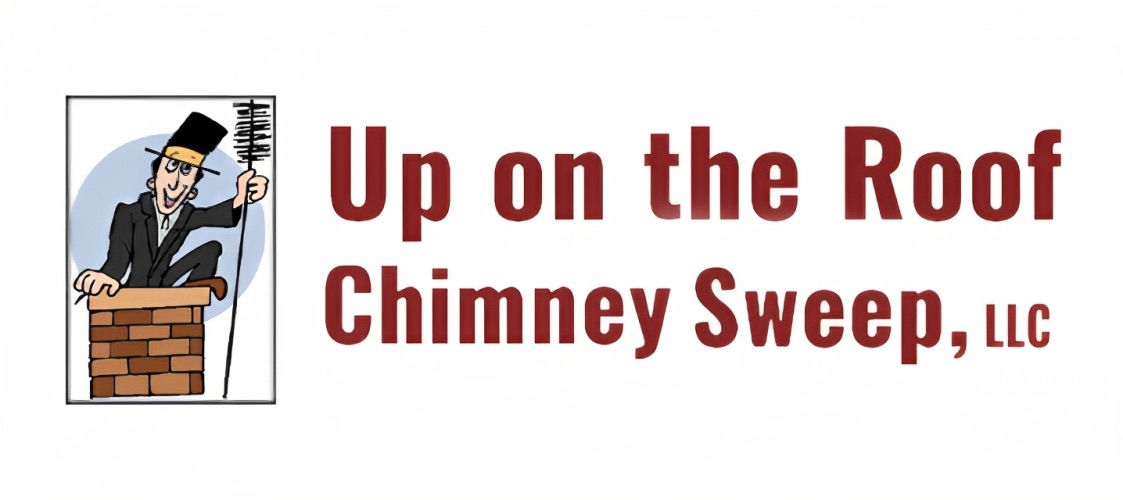Chimney Relining in Freehold, Howell Township, New Brunswick, NJ & surrounding areas
Chimney relining needs to be performed on the fireplace flue and/or furnace flue when there are problems that can and often cannot be visually seen. Terracotta clay flue liners deteriorate over time due to the elements and the demands of venting the appliances they serve. Creosote in fireplace and wood stove flues is highly corrosive to clay liners and even more so when mixed with water from rain and condensation. Creosote is also highly flammable and increases the risk of chimney fires and in the worst cases, structure fires. Oil deposits in oil flues mix with rain water and condensation to form sulfuric acid which is highly corrosive and will eat your chimney away from the inside out. This is an even bigger problem in flues that have been converted from oil to gas because modern efficient gas appliances produce more condensation in the flue. Sizing to properly vent appliances is another big reason chimneys often need to be relined. The venting requirements for modern energy efficient gas appliances and woodburning stoves are often much smaller than the flues found in old masonry chimneys, making relining the flue with an appropriately sized liner a necessity. Oversized flues lead to excessive creosote buildup in woodburning installations and excessive condensation and poor draft in gas installations. Many older homes were built with unlined chimneys!
Excessive glazed creosote, excessive moisture from condensation, misaligned flue tiles, improper chimney draft, deteriorated and flaking flue tiles and eroded mortar between flue liner tiles are all reasons your chimney may need to be relined.
Carbon monoxide leakage into the home due to improperly sized or damaged flue liners is a huge risk and a very hazardous condition. Carbon monoxide is deadly and cannot be seen or smelled. Chimney relining must only be performed by a certified chimney professional.
